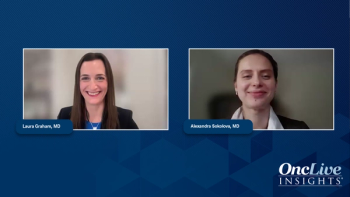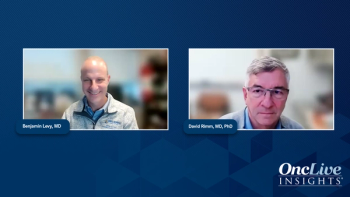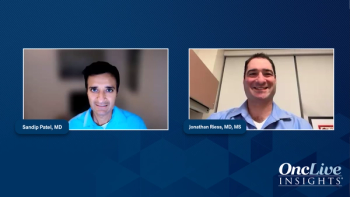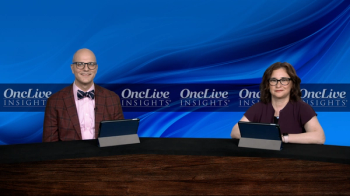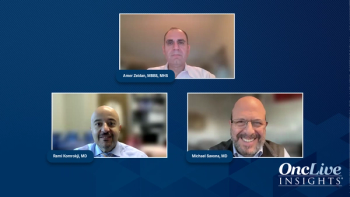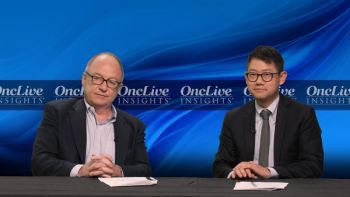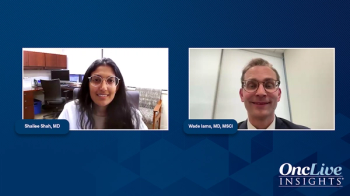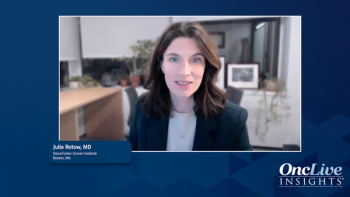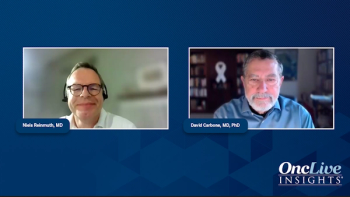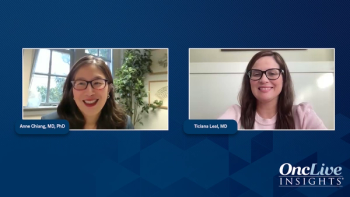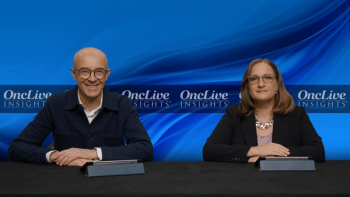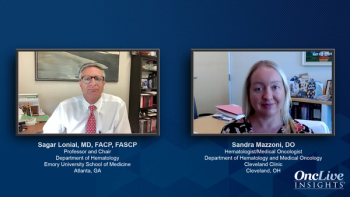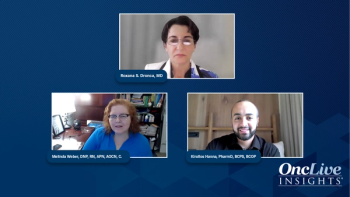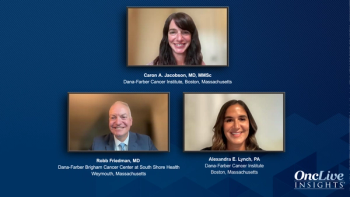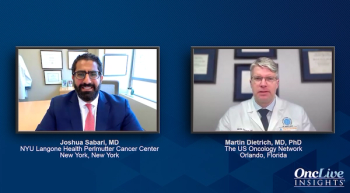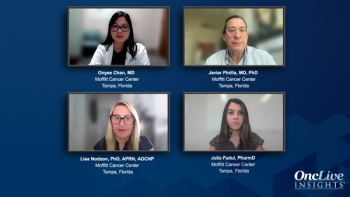In this video series, we’ll discuss complex patient case scenarios in HER2-positive metastatic breast cancer, exploring current standards of care, emerging clinical data, and evolving therapeutic strategies. Our goal is to provide practical, evidence-based insights to help clinicians navigate treatment sequencing, manage toxicities, and apply the latest research, such as findings from DESTINY-Breast09 and upcoming SABCS patient-reported outcomes, to optimize outcomes for patients with HER2+ disease.
Editorial note: This program was recorded prior to the FDA approval of fam-trastuzumab deruxtecan-nxki in combination with pertuzumab for the first-line treatment of unresectable or metastatic HER2-positive breast cancer. Discussion reflects the clinical data, regulatory status, and treatment considerations available at the time of filming.
For additional context on the recent FDA approval, view our related OncLive editorial coverage:
FDA Approves T-DXd Plus Pertuzumab for HER2+ Breast Cancer | OncLive
